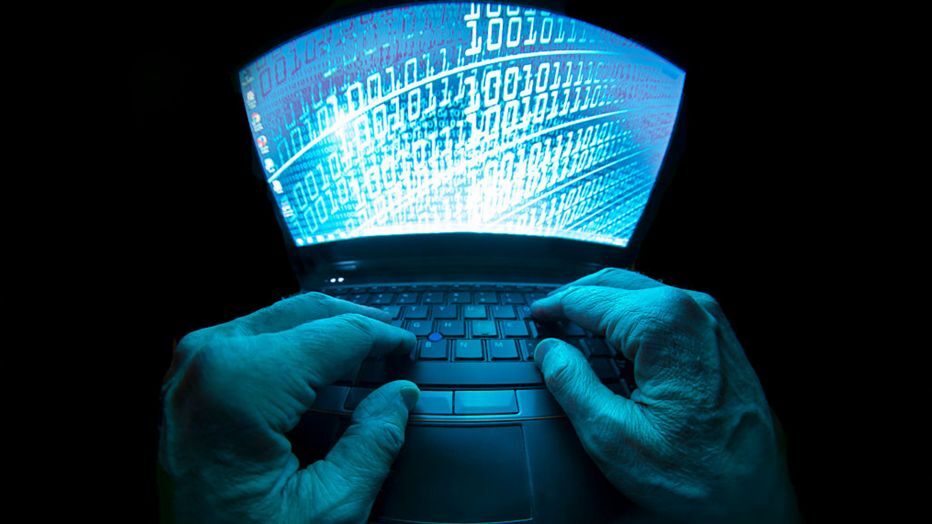The White House isn’t kidding when it tells companies to button up against ransomware
Best listening experience is on Chrome, Firefox or Safari. Subscribe to Federal Drive’s daily audio interviews on Apple Podcasts or PodcastOne.
Alarmed by ransomware, the White House has been telling the private sector to get serious about cybersecurity. Just this month, a letter to corporate executives and business leaders, urged companies to do what amounts to basic cybersecurity. It told companies they have a key and distinct responsibility. For what it all could mean, Federal Drive with Tom Temin talked to partner and information security group practice leader at the law firm Davis Wright Tremaine, Michael Borgia.
Tom Temin: Mr. Borgia, good to have you one.
Michael Borgia: Thank you for having me. I appreciate the opportunity.
Tom Temin: First of all, this letter from the White House, specifically from Anne Neuberger, the deputy assistant to the president, and the deputy national security advisor for cyber, who did go to exactly?
Michael Borgia: Well, it is addressed to the private sector. So, it’s got a broad audience. And I think it looks like the intention was to really get the word out broadly to companies all over the private sector, and let them know what the White House thinks they should be doing and perhaps set some kind of baseline around cyber hygiene. As you said, I would think of this as pretty basic hygiene, people who have been in the industry for a while I think nothing in here is going to be shocking or surprising to them.
Tom Temin: Right. It said you should have two-factor authentication, you should have backups that are stored offline, and all these other good things in place, again, basic stuff, but coming from the White House, that’s kind of open-letter, telling people you have a distinct and key responsibility almost implies like there could be some sort of regulatory push here, not just for federal contractors, but for industry in general, coming. It has that ‘Dear Colleague,’ tone.
Michael Borgia: Exactly. It’s funny. On the one hand, you think, well, what does this mean that this doesn’t really do anything? On the other hand, here we are talking about it. And there has been quite a bit of discussion around this. It’s generated a lot…





